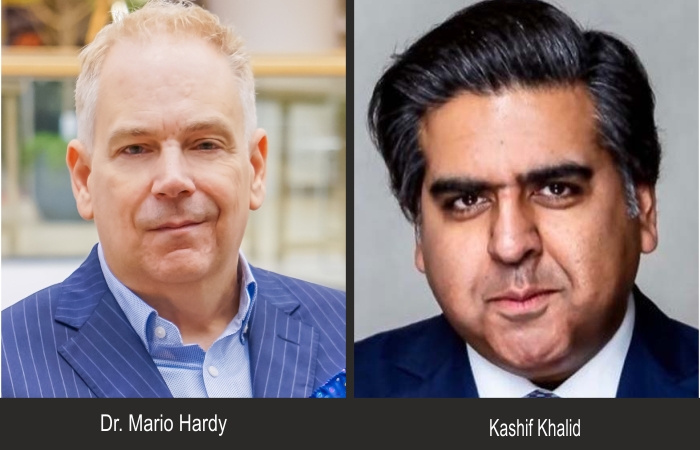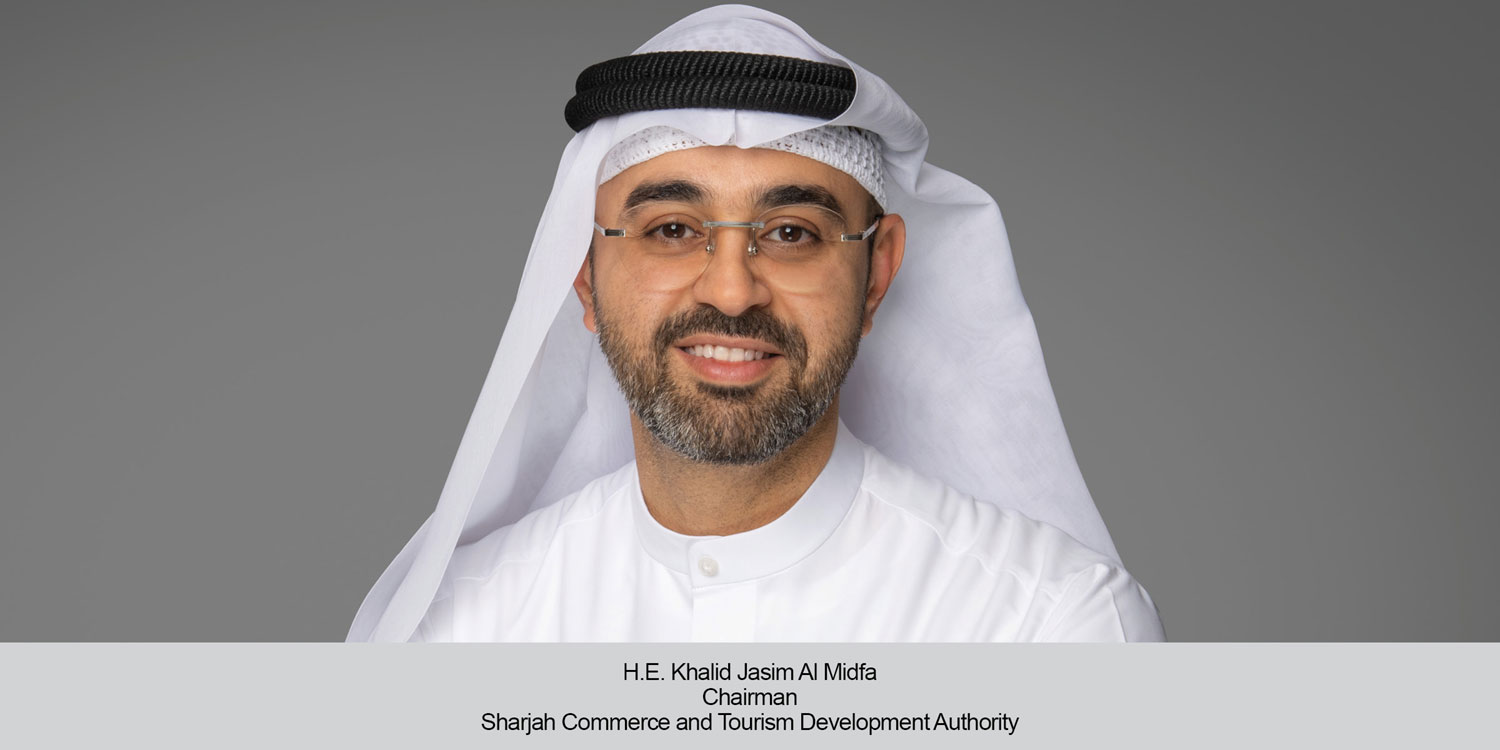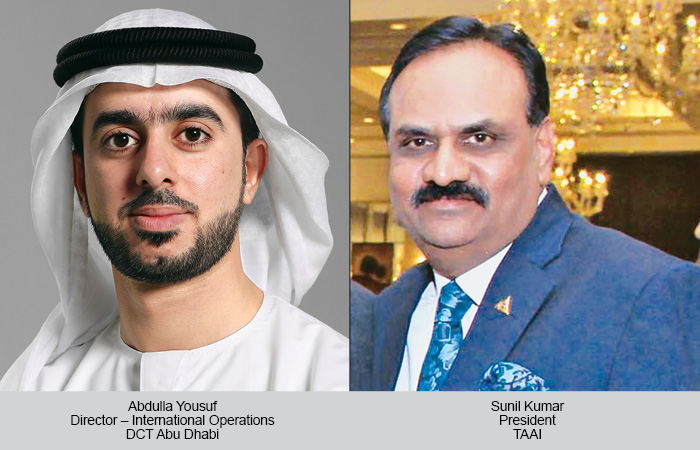Among the sessions conducted by leaders of the industry, Dr. Mario Hardy, CEO of PATA, had a very interesting conversation with Kashif Khalid, Regional Director – Africa and Middle East, IATA at the Gulf Travel Show. We share excerpts from the conversation.
Q Nearly all international associations and organisations are in agreement that we will not see a full recovery to the pre-COVID level until either 2023 or 2024, possibly even beyond that, especially in the aviation sector. How has the sector in the Gulf region adapted to this situation?
Kashif Khalid: Gulf airlines are no different from airlines in Europe or North America. They have the same operational challenges, from the fallout of COVID-19, even though most of the airlines that we have in the region are either directly owned by governments or government holding entities. It was easier, I would say for some of them to get the necessary support very quickly from the governments in terms of financial relief, tax breaks, government administered fees, specifically in the Gulf region. I mean, the airlines are an extension of the government, which was a bit of a double-edged sword for them in previous years. I think one of the advantages their ownership had was that throughout the pandemic, the governments provided them with liquidity, tremendous support in terms of financial and regulatory relief, and helped them restore their network to help traffic in the region.
Unfortunately for the Middle East region, traffic in 2020 is only going to be 30 per cent of what it was in 2019. That relates to an approximately 60 million passengers this year compared with 203 million last year. What that means is the longer the pandemic stretches, the road to recovery becomes longer. Just in July we were saying that we’re probably going to have 45 per cent of traffic compared to 2019 levels and in September, we had to revise it down to 30 per cent. In terms of the Middle East and the Gulf region, we’re forecasting, a return to 2019 levels, perhaps towards the end of 2024.
Q Do you think the situation will lead to consolidation of airlines within the region?
Kashif Khalid: Currently the airlines are focused on creating efficiencies and supporting their shareholders with the strategy that has been put in place. Given the dynamics of the Gulf region and the shareholding structure of the airlines, it’s a little difficult to say whether we’ll see consolidation, but perhaps for some of the airline groups that have a shared ownership such as Emirates and flydubai, we’ll probably see a lot more integration and cooperation, code shares amongst the network, but a full consolidation of two different categories within the region is difficult in my opinion.
Q Have you seen new business models being developed in the Gulf region amid the crisis?
Kashif Khalid: One of the advantages the Gulf carriers had was given that they were government-owned, they had a lot of subsidiaries as well as investments in hospitality businesses, such as hotels and entertainment, which obviously were also impacted, but many of the airlines in the region started branching out and looking at new business models and innovating, using their existing asset base. Many of the airlines tapped into the domestic leisure market and looked at selling or bundling local holiday packages for domestic travel and tourism, as opposed to the international traffic that they had previously. Also, many airlines in the region have taken advantage of the public health measures that the governments have brought in, whether it’s PCR, rapid testing, and are offering them not only to passengers, but also the general population on their premises as well.
Q Is there an effective way of moving forward in terms of the protocols, what are your recommendations to the industry?
Kashif Khalid: Our recommendations to the industry are that we would like governments and stakeholders to safely restore aviation. What we mean by safely is following the recommendations programme as well as the joint biosafety programme, but more importantly, using testing as a means to open up aviation rather than administering coding team or fragmented policies. We know that the risk of infection onboard an aircraft is next to low or extremely negligible. We know that there is demand for passengers to travel across borders. We’ve had travel suspended for many countries since the end of March up until recently. There is pent up demand. So the IATA mantra or recommendation is to have an effective testing mechanism to safely restore aviation, whether it’s through PCR or looking at newer, evolving modes of testing, such as rapid antigen testing which can hopefully safely open up aviation.
Q What are the logistical challenges involved in the distribution of the vaccines?
Kashif Khalid: The logistical challenge of distributing vaccines to countries all around the world presents not only a challenge to airlines, but cargo operators as well. We saw, in the early days of COVID-19, the logistical challenges of getting PPE and ventilators to far parts of the world. One of the estimates that I had just to put things into perspective was it would take approximately 8,000 plus 747 or wide body aircraft to manage just the first phase of the vaccine distribution across the world. Despite having integrated infrastructure, intermodal nodes of cargo, hubs, airlines, distribution channels, it is going to be a challenge for not only the aviation industry but others too. And one of the things that we’ve done is partnering with the likes of the World Health Organization, various different UN agencies such as UNICEF and the World Food Program to look at various mechanisms of safely distributing the vaccine, and also creating the awareness within the industry for airlines, airports and, freight forwarders on the handling requirements of pharmaceutical products.
Q Is there some positive news for us, moving forward?
Kashif Khalid: We’re starting to see traffic recover. In the Middle East and the Gulf region, I’m hopeful as our forecast indicates that we’ll have approximately 45 per cent of 2019 levels next year. That’s something to look forward to, and hopefully we’ll be opening up major source markets.
 TravTalk Middle East Online Magazine
TravTalk Middle East Online Magazine





